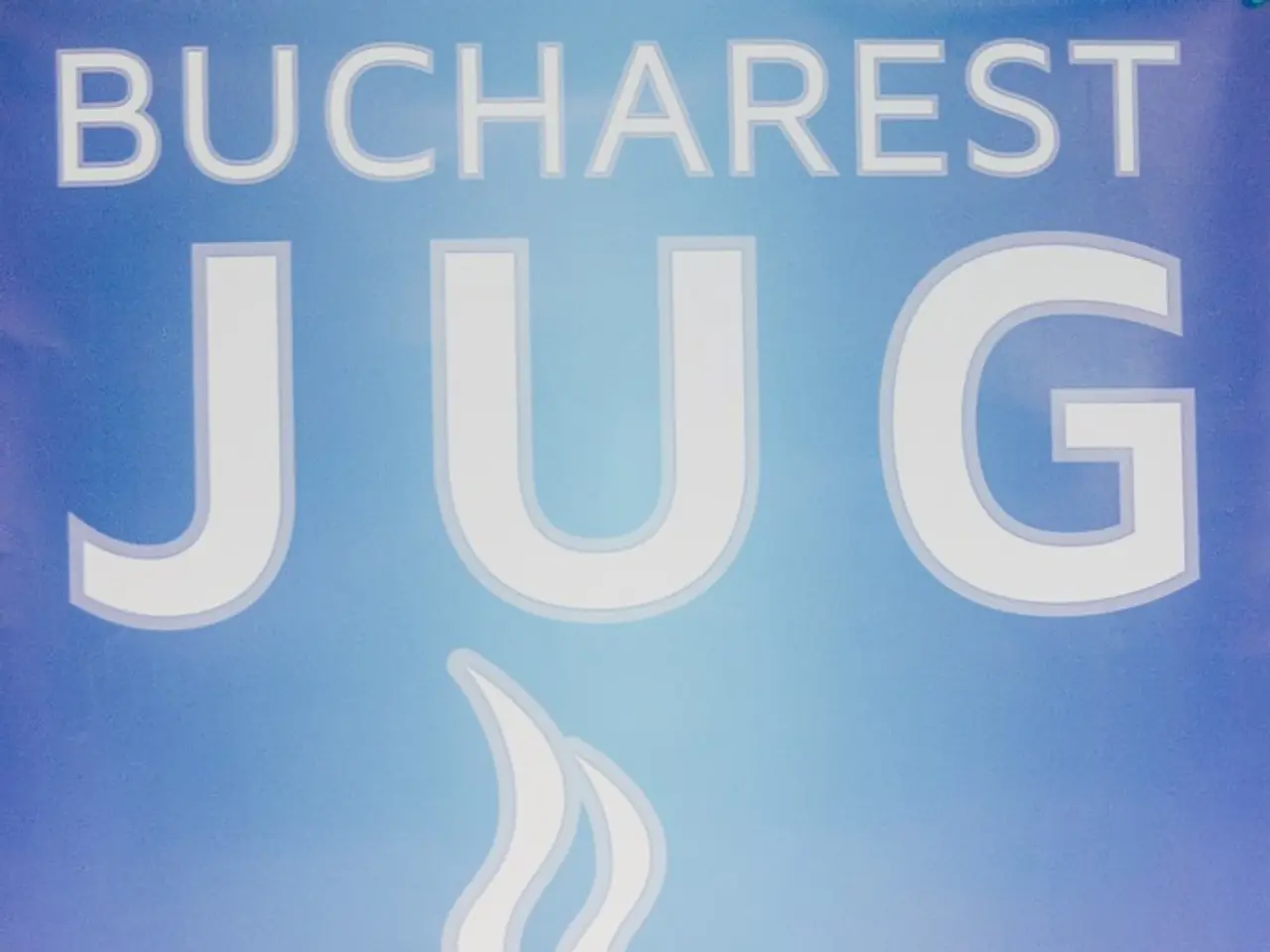Guide on Employing SAYE and SIP Plans for Financial Amplification
UK Employee Share Schemes: A Tax-Efficient Way to Invest in Your Company
Employee share schemes in the UK, such as Save As You Earn (SAYE) plans and Share Incentive Plans (SIPs), offer a unique opportunity for employees to acquire shares in their companies and benefit from potential share price gains, all while enjoying tax efficiency.
How SAYE Plans Work
SAYE is a savings-based share option scheme, where employees commit to saving a fixed monthly amount (up to £500) over a 3 or 5-year period. At the end of the contract, employees can use their savings plus a tax-free bonus to buy company shares at a price fixed at the start, which may be below market value.
How SIPs Work
SIPs, on the other hand, allow employees to acquire shares through four ways: free shares, partnership shares, matching shares, and dividend shares. Shares must be held in the SIP trust for a minimum of 5 years to receive full income tax and National Insurance Contributions (NICs) relief; partial relief is available after 3 years.
Combining with ISAs for Tax Efficiency
Employees have 90 days after the end of the SAYE or SIP scheme period to transfer acquired shares into an Individual Savings Account (ISA). Once inside an ISA, any dividends or capital gains on the shares are sheltered from further income tax or Capital Gains Tax (CGT). However, the value of shares transferred into the ISA counts towards the annual ISA subscription limit (£20,000 for 2025/26).
In summary, SAYE plans encourage disciplined saving with a locked-in purchase price, SIPs offer multiple ways to receive shares with tax advantages linked to holding periods, and both can be combined effectively with ISAs to shelter future income and capital growth tax-free.
Key Points
- Over 1,000 employers in the UK offer employee share schemes.
- If the employer's share price is higher than the agreed price when you're ready to buy, you can make an instant profit.
- If the employer's shares have fallen since the scheme began, you can ask for your cash back.
- Some companies offer free matching shares in line with an employee's contribution in a SIP, worth up to £3,600 a year.
- The savings usually attract a fixed rate of interest.
- These schemes are designed to be accessible to all employees, not just top executives.
- The price can be set at a discount of up to 20% of the share price at the start of the scheme.
- Leaving your employer before the scheme reaches maturity typically results in getting your cash back in full.
- One type of employee share scheme is a save-as-you-earn (SAYE) plan, also known as Sharesave.
- Some employers run dividend reinvestment schemes in SIPs, allowing employees to use dividends paid on shares to make further investments.
- Transfers of shares from a SAYE plan or a SIP into an ISA at the end of the scheme's term ensure any subsequent income and profits are sheltered from tax, but the value of the transfer counts towards the £20,000 ISA allowance in the year the investments are moved.
- SAYE schemes are relatively risk-free, as there's no potential for the cash savings to drop in nominal value. However, if inflation outstrips your interest income, your cash savings may lose value in real terms.
- After five years, employees can sell their shares; any profits are potentially subject to capital-gains tax, but only gains accrued after the five-year period count towards this calculation.
- In a SAYE plan, you can save up to £500 each month into a nominated savings account.
- Investments in a SIP are effectively tax-relieved, but the advantage is only retained if the shares are held for at least five years.
- Employees should consider whether they are becoming too dependent on their employer through these schemes, and diversifying their investment portfolio through other holdings may help mitigate this risk.
- Employees can invest their savings from a SAYE plan into an Individual Savings Account (ISA) to shelter any dividends or capital gains from further income tax or Capital Gains Tax (CGT).
- Shares acquired through a Share Incentive Plan (SIP) can provide tax advantages, as they must be held in the SIP trust for a minimum of 5 years to receive full income tax and National Insurance Contributions (NICs) relief.
- After acquiring shares through employee share schemes like Save As You Earn (SAYE) plans or Share Incentive Plans (SIPs), investors may choose to diversify their investment portfolio to reduce dependence on their employer.




